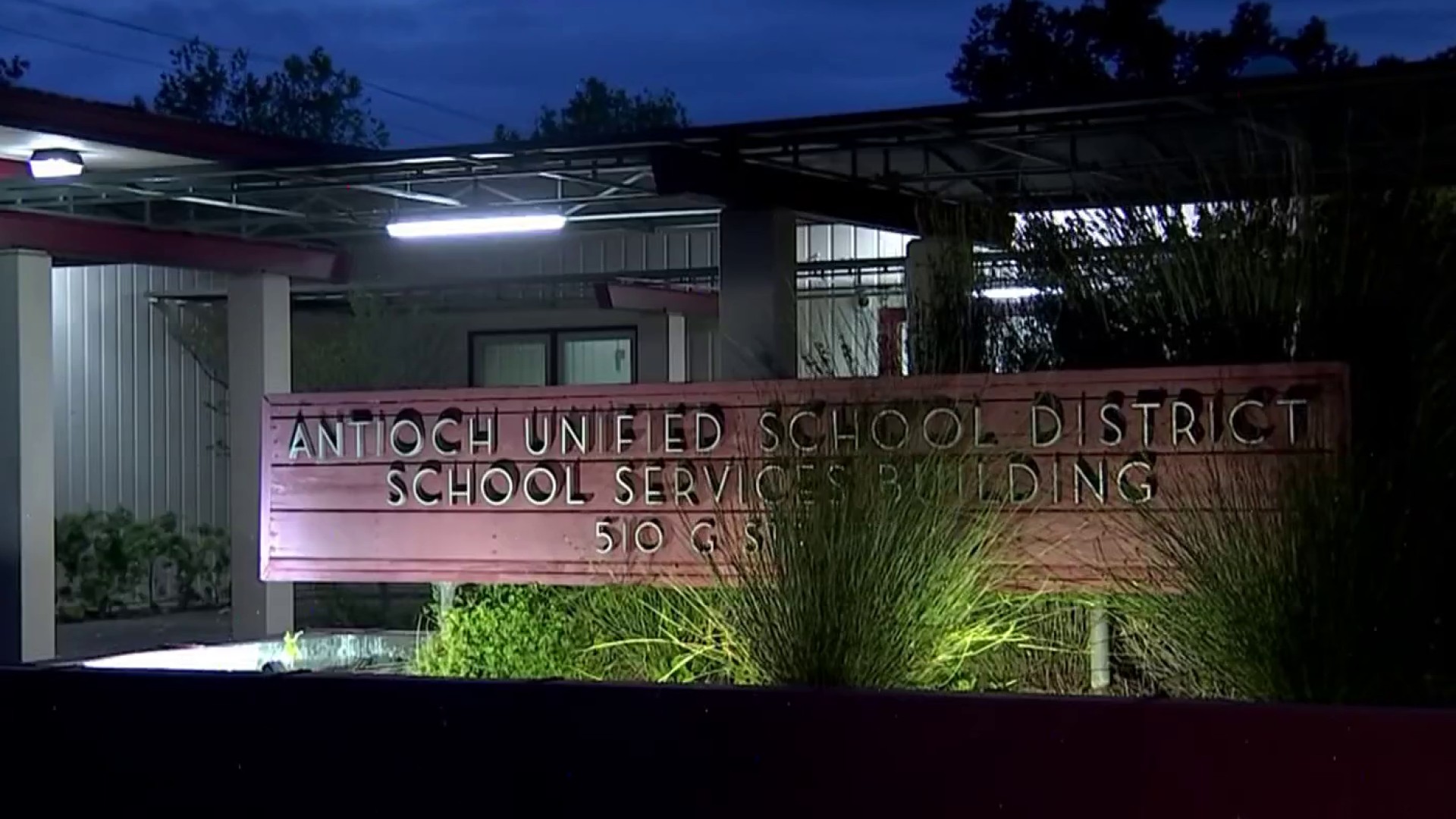As the California Legislature gets closer to finalizing its new fiscal budget, the Big City Mayor coalition is urging the state to stay true to the state Assembly's recent proposal to provide an annual $1 billion in flexible funding directly to cities for four years.
"We need a financial commitment now through this budget," San Jose Mayor and chair of the Big City Mayor coalition Sam Liccardo said. "And this challenge, and our response will define our generation's collective legacy."
In April, the coalition, comprised of mayors from the state's 13 largest cities, asked for a $20 billion, five-year investment to curb homelessness -- half of the state's surplus.
While they did not get exactly what they were asking for, the mayors said it is still a notable investment that would allow cities to house thousands of more residents.
Get a weekly recap of the latest San Francisco Bay Area housing news. Sign up for NBC Bay Area’s Housing Deconstructed newsletter.
"Usually when the crisis comes the sources aren't there, when the resources are there, the crisis isn't there," said Los Angeles Mayor Eric Garcetti. "This is actually a match made in heaven -- a problem we wish we didn't have but finally, a solution that is right there in front of us."
Garcetti and other big city mayors said large investments provided directly to cities and counties, like Project Roomkey and Project Housekey, is proof that this technique is effective.
Through state funding in the 20/21 fiscal year, Los Angeles was able to purchase 15 of the 20 total buildings to shelter thousands of unhoused residents.
Local
In Sacramento, Mayor Darrell Steinberg said the city was able to make significant strides to help hundreds of residents get out of the cycle of homelessness, not only through housing but mental health support and other programs.
San Jose was able to build three interim housing sites and in Oakland, the city purchased homes for senior residents and other unutilized spaces to provide creative housing solutions.
In Bakersfield, state money allowed the city to double its emergency beds as well, among several other investments.
"But if the funding is not continued in some form, there will be a cliff and all of the projects that we have stood up will no longer have the funding to be able to continue," Steinberg said.
Mayors Libby Schaaf from Oakland and Karen Goh from Bakersfield said in their respective cities, surveys found that the number one priority for residents was to solve homelessness.
"Homelessness was ranked as the number one priority of our residents and you've heard that from all my colleagues," Goh said. "The impact of homelessness is felt most by our cities. Daily, we hear about the impact from our residents."
Recent figures show that California has more than 160,000 unhoused residents -- the largest homeless population in the country, according to data from the United States Interagency Council on Homelessness.
The 13 cities represented by the Big City Mayor Coalition make up 29 percent of the state's population but 59 percent of the state's unhoused population.
"This is not a group of mayors, this is the voice of California," Garcetti said. "And certainly, the biggest chunk of this problem."
That is why these mayors have been advocating fervently for this funding.
And with the combination of the state's $26 billion in federal dollars from the American Rescue Plan and the state's record surplus -- mayors are saying now is a "once in a lifetime opportunity" to meet the moment.
"Years from now, if we continue to see the scourge of homelessness in our community at the level we currently see it, we will be asked, and understandably will be demanded of us to say 'what did we do when we had the opportunity to do something?'" Liccardo said. "This is that moment."
The state is poised to approve its budget by July 1. Assuming no changes are made to the proposed homeless investment, local governments grappling with significant homeless populations should expect to see funding around August, Garcetti said.



